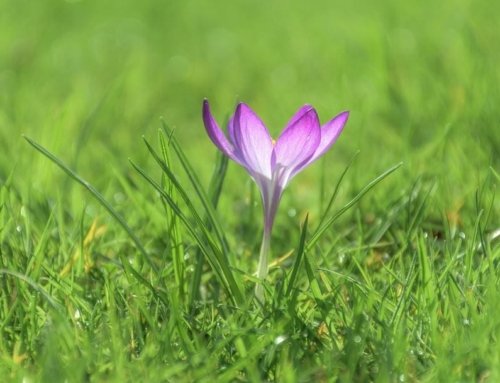Saffron cure for ADHD
Researchers have found that saffron can be beneficial for the treatment of children with ADHD.
Hyperactivity disorder is one of the most common neurological disorders in childhood and adolescence.
Researchers at the University of Tehran Medical School found that saffron has anti-depressant and memory-enhancing properties and can be effective in controlling symptoms, as well as commonly used drugs for the treatment of hyperactivity disorder such as ritalin.
Researchers in early trials of children between the ages of 6 and 17 years found that saffron was able to manage the symptoms and complications of the disease, such as ritalin, prescribed by physicians.
“Saffron can be used as a herbal remedy to replace the medications prescribed for these patients, especially those who suffer from side effects such as nausea, stomach pain, loss of appetite, insomnia, and headache,” they added. “It’s worth mentioning that 30% of these patients face this problem.”
The researchers studied the effect of drug and saffron on the 54 participants in this study for 6 weeks.
The researchers emphasized the need for more research on the role of saffron in the treatment of these disorders.
What is hyperactivity disorder?
Hyperactivity Disorder (ADHD) is a childhood disorder, which in some cases continues until adulthood (ADHD). In 2011, 11% of children aged 4 to 17 were found to be overactive in the United States. Hyperactivity disorder in children can have devastating effects in certain environments or even in their daily lives. These children have difficulty controlling their feelings and behavior in school or social settings. Hyperactivity can affect their growth and academic performance. Excessive children have the following behaviors:
Frequently distracted;
Do not execute commands;
Feeling bored and indifferent;
Restless and restless.







Get Social